The story of Polish refugees in Africa during World War II,
and the odyssey that brought them there.
A film by Jonathan Kołodziej Durand
Memory Is Our Homeland is a documentary film charting the lost story of Polish refugees in Africa from 1942 to 1952 - a journey that brought a group of children through Siberia, Iran, India, and East Africa, to new lives in Montreal, Sheffield, and across the global Polish diaspora.
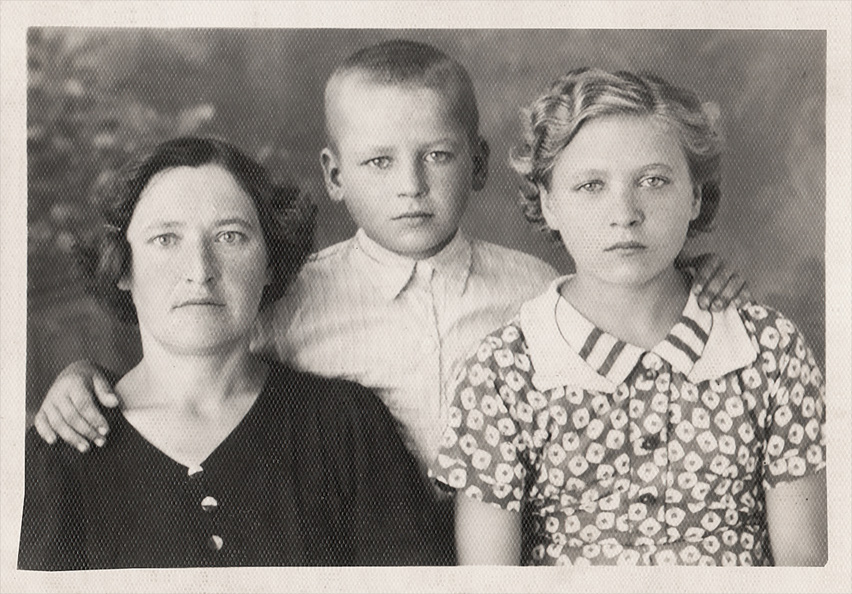

Zosia Gerech with her children Poldek & Kazia. Tehran, 1942.
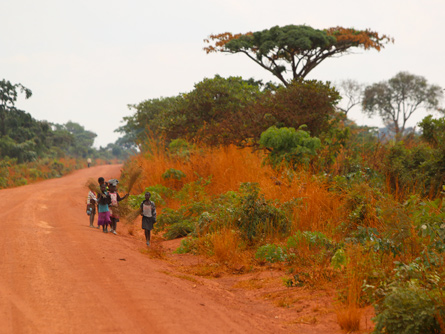

Border of Zambia & Tanzania, 2015.
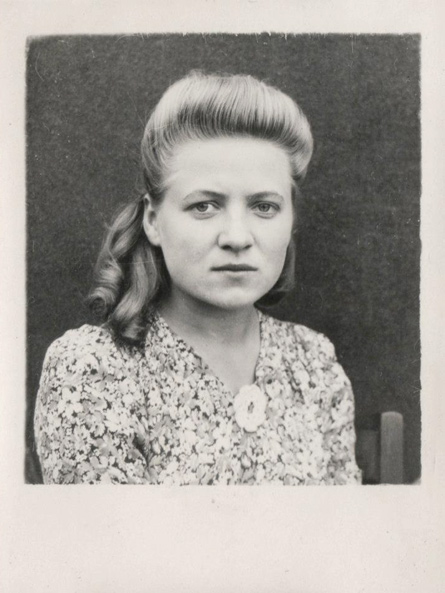

Kazia Gerech, Tengeru, Tanzania, 1947.
It follows the story of Kazia Kolodziej (née Gerech), the filmmaker’s grandmother, and other Polish refugees, as they meditate on the meaning of memory, identity, and homeland. Grappling with memories of a traumatic exile in the Soviet Union, followed by an adolescence full of discovery in a Polish refugee camp near the foot of Mount Kilimanjaro, we see how these women’s lives have been shaped by early years fraught with insecurity and change.
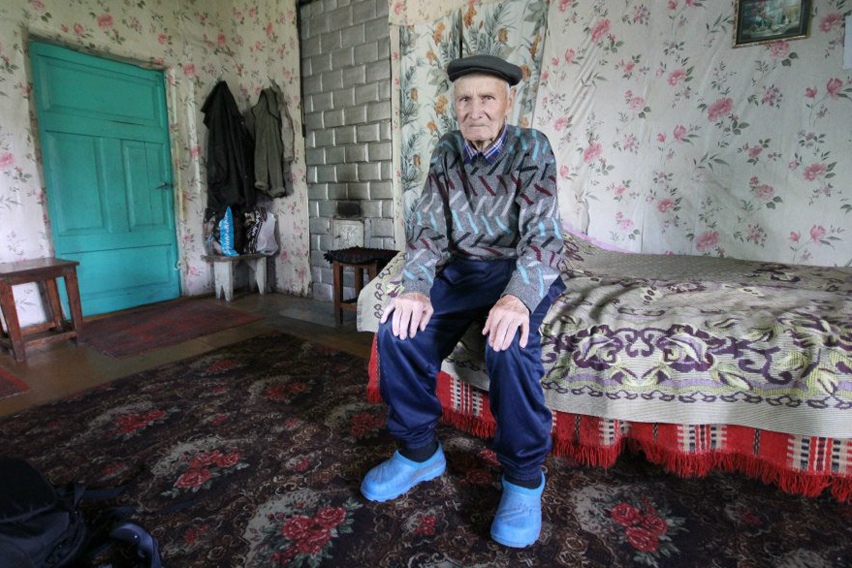

Vasily Baran, Astravok, Belarus, 2014 (formerly Ostrówek, Poland).
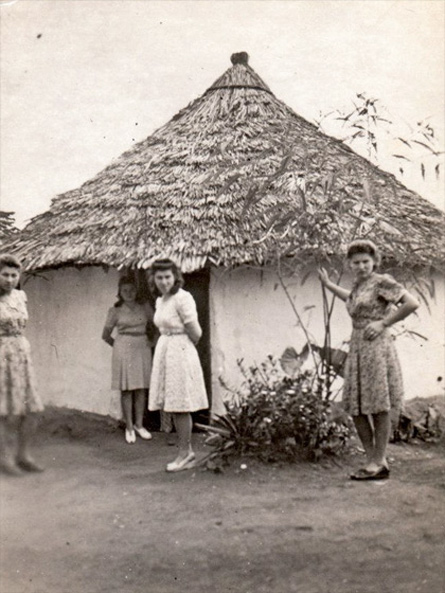

Kazia Gerech and friends in front of family
home in Tengeru, Tanzania, 1947.
Tracing their footsteps, we travel from Montreal to Kazia’s Polish childhood home (now part of Belarus) through Iran, to modern-day Tengeru, Tanzania, where only one Polish descendant of the former WWII camp remains. Along the way, we discover how personal and shared experiences inform a sense of homeland, whether rooted in geography or imagination.
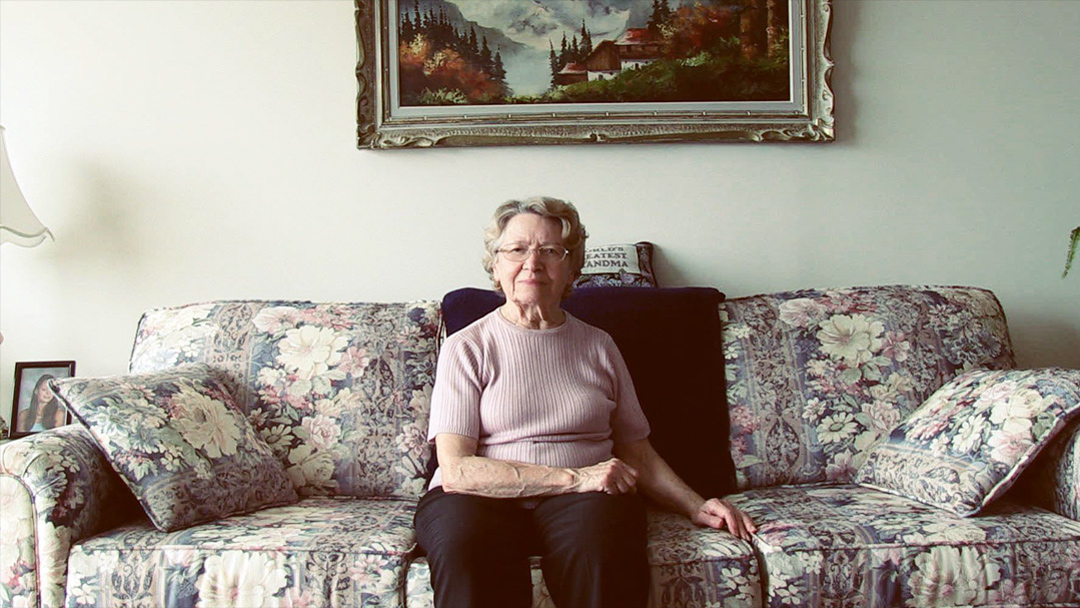

Kazia Kolodziej in her Montreal home, 2012.
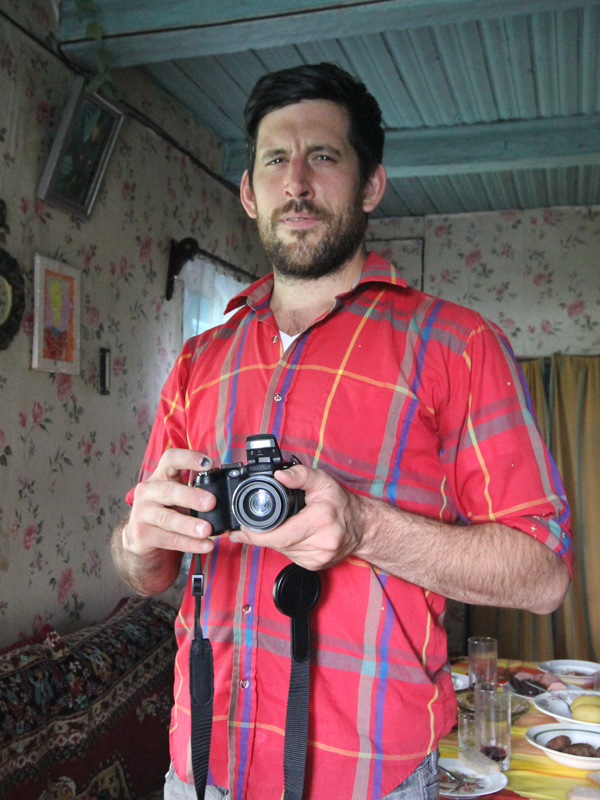

Director Jonathan Durand filming in
Astravok, Belarus, (formerly Poland) 2014.
Director's Statement
This film tells the astonishing story of how over 30,000 Polish refugees – most of them women and children – ended up migrating from labour prisons in Siberia to refugee camps in Africa during the Second World War. It’s about those who survived, a community now spread out around the world.
I grew up with this history, because my grandmother Kazia lived it. She would tell me stories about her childhood odyssey through Siberia, Kazakhstan, Iran, and India. Above all, she spoke about Africa, where they found peace near Mount Kilimanjaro, after years facing war and starvation. I wanted to give Kazia, and other surviving Polish-Africans like her, a voice beyond our family. This is a significant WW II narrative that most people have never heard of, seventy years after the war. In the most studied conflict in history, their chapter was left out of the official books by all sides, and the survivors desperately want it to be known.
In an era when we are faced with a mounting global refugee crisis, migration stories of the 20th century are all the more relevant to revisit and question. Why were Polish refugees forgotten by history books? Why, amongst hundreds of thousands of deportees, were so few able to return to their childhood homes? Were they eventually better off in their adoptive countries of Mexico, Argentina, the United States, Canada, England, New Zealand, and Australia? Or do they still long for a nation that no longer exists as it was? While the Polish refugees were acknowledged in Allied propaganda during the war, they were quietly forgotten afterwards. This is a story that the survivors have been telling all of their lives, but that very few people outside of their families have heard, until now.
— Jonathan Durand
Memories, they can only take with your life.
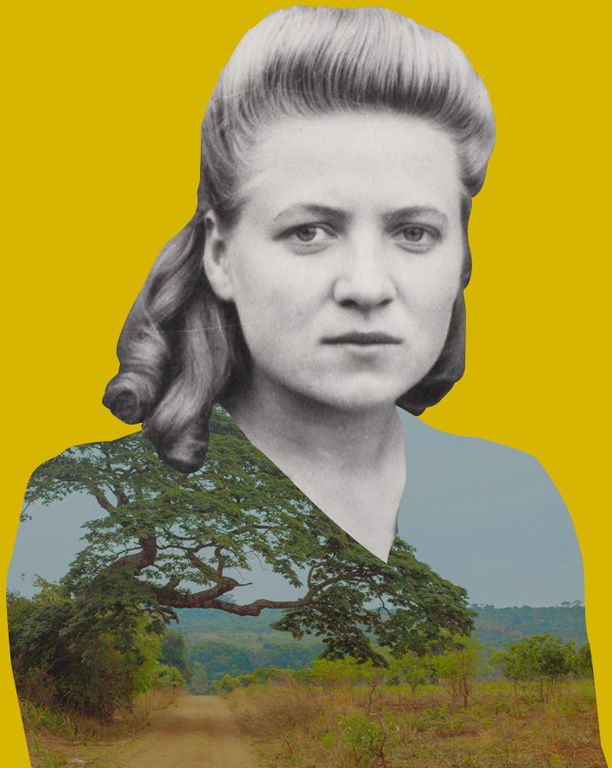

Press
For all press inquiries and a press kit including high-res images, please contact us.
Partners











